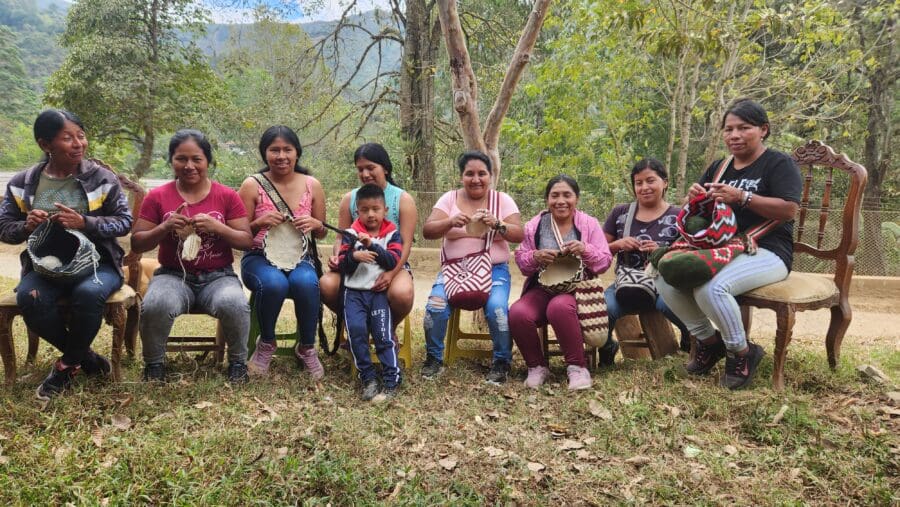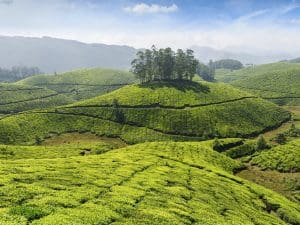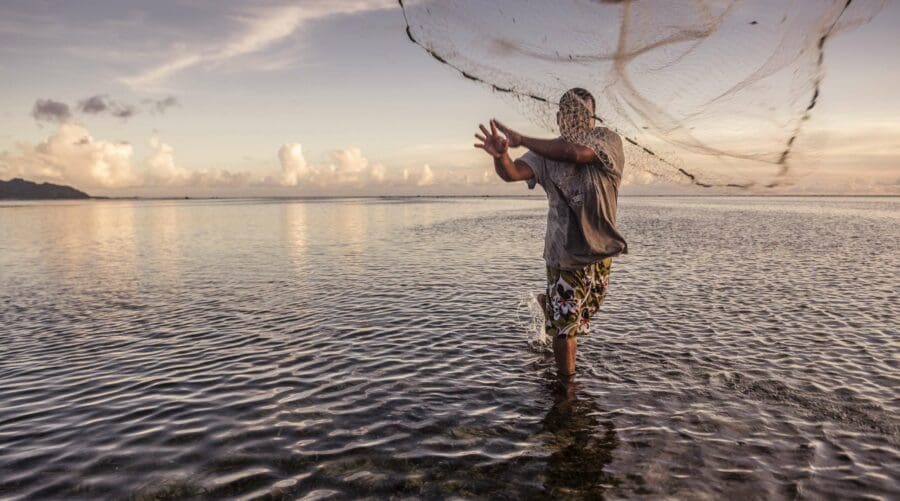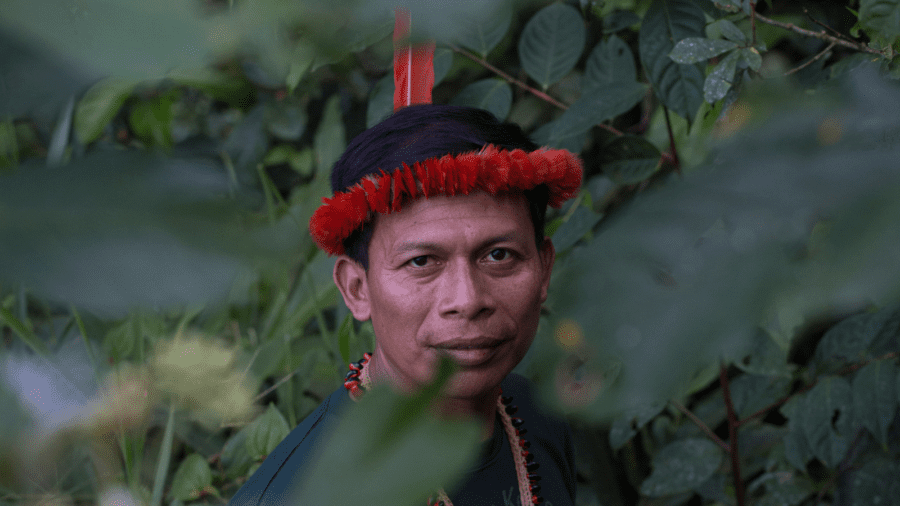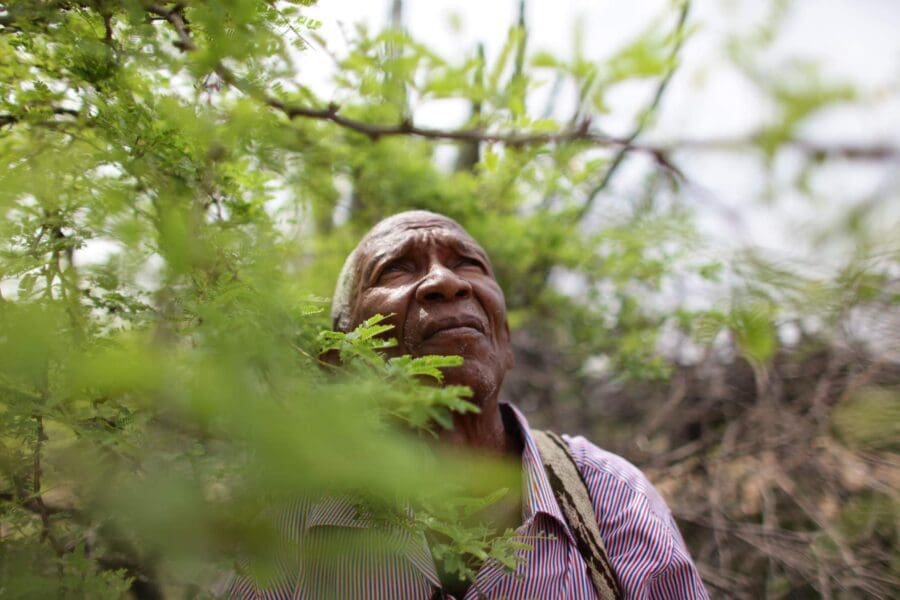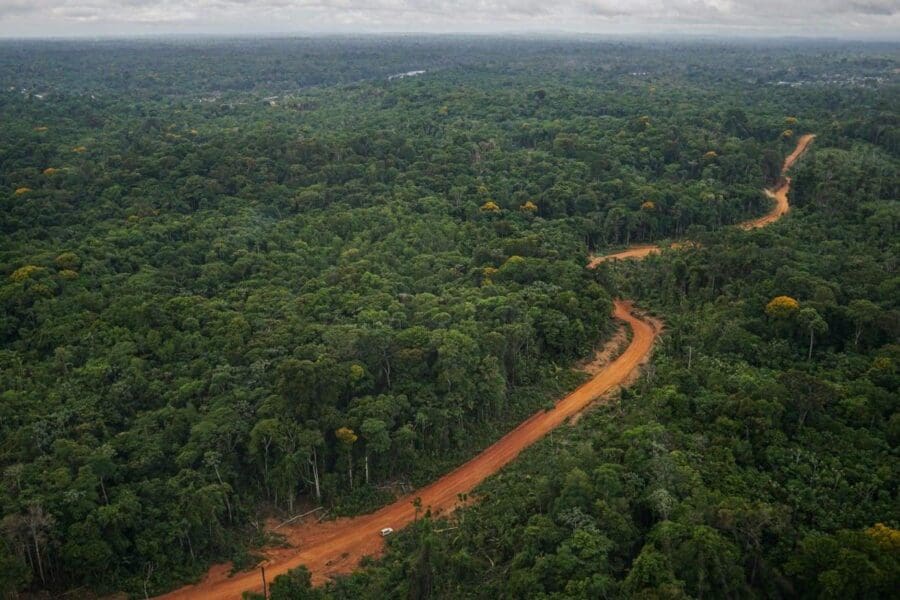A new RRI study shows how Indigenous women-led enterprises boost local economies and are important for territorial governance and climate resilience.
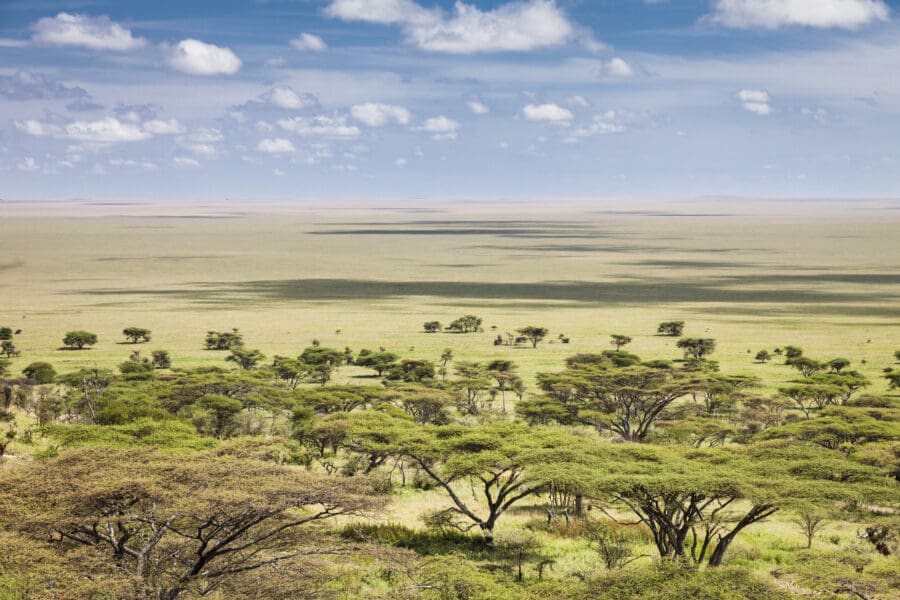
Indigenous Voices Rise in the Desert: Achievements at UNCCD CoP16
This was by far the largest UNCCD CoP to date (the previous CoP15 in 2022 had 7,000 participants), but even in an increasingly crowded space, Indigenous voices rang loud and clear, achieving several important breakthroughs.
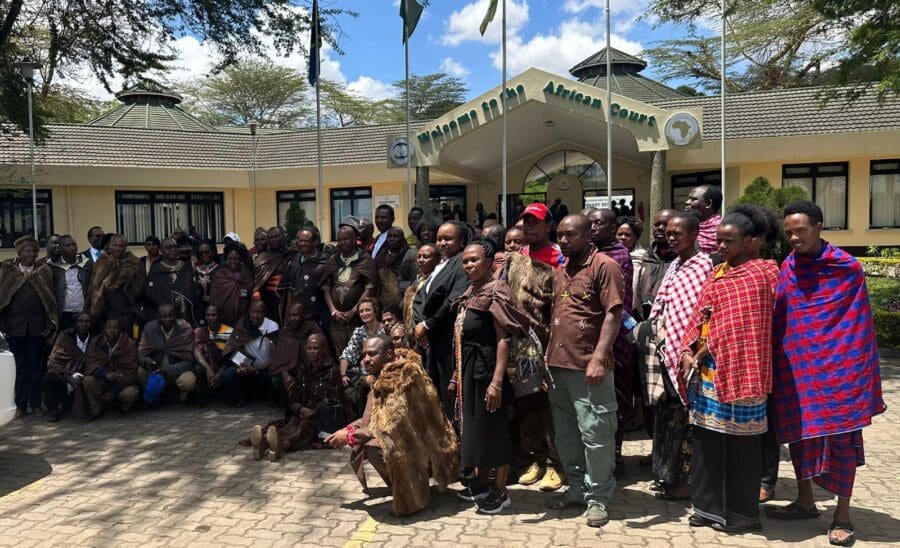
Justice delayed is justice denied: The continuing challenge for the Ogiek of Mau in Kenya
On November 12, 2024, at the African Court on Human and Peoples’ Rights (ACtHPR) in Arusha, Tanzania, the Indigenous Ogiek of Mau had to endure yet more abuse at a hearing convened to review the progress made by the Government of Kenya in implementing the orders set out in its Reparations Judgment of June 2022.
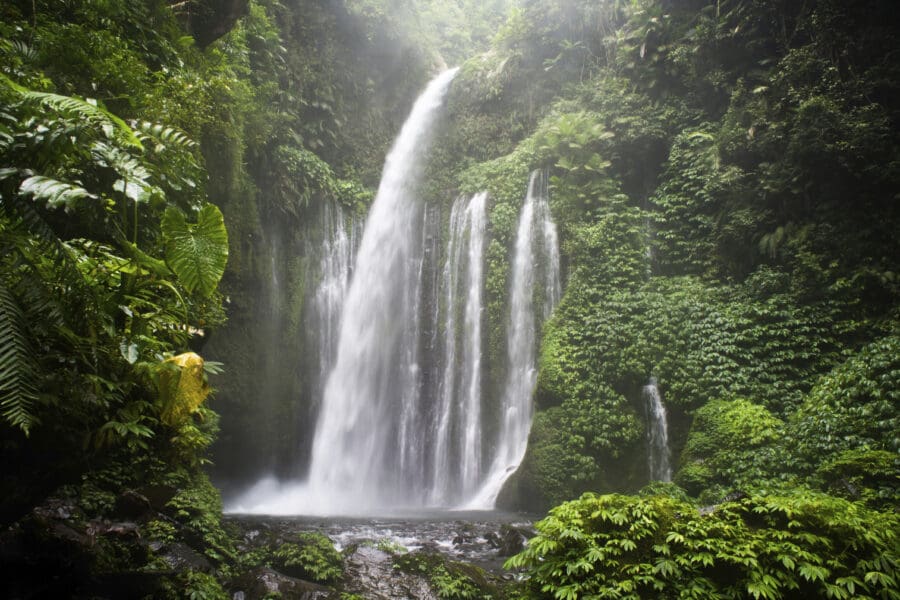
In Memoriam: Owen J. Lynch (1953–2024)
Owen J. Lynch, an early pillar of the now global movement to legally recognize Indigenous Peoples’ and local communities’ land rights, passed away on November 14, 2024, in his beloved home state of Minnesota, US.
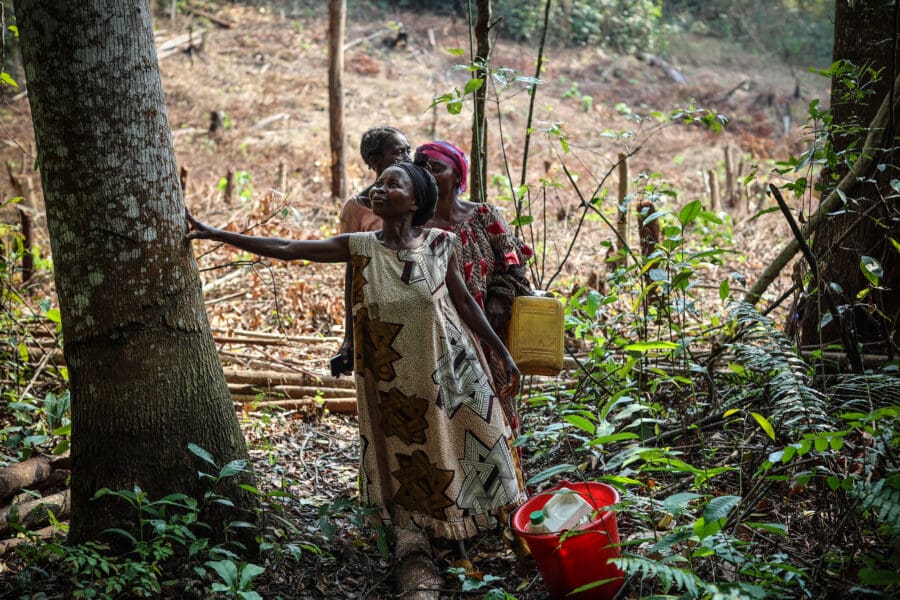
Charting the Path to Scale: New insights and emerging lessons for donors to advance communities’ tenure rights and forest guardianship
Building on the State of Funding report published in April 2024, this blog post shares important updates on finance for Indigenous Peoples', Afro-descendant Peoples', and local communities' tenure and forest guardianship and examples of how direct funding is already driving important progress in tropical forests and other key ecosystems.
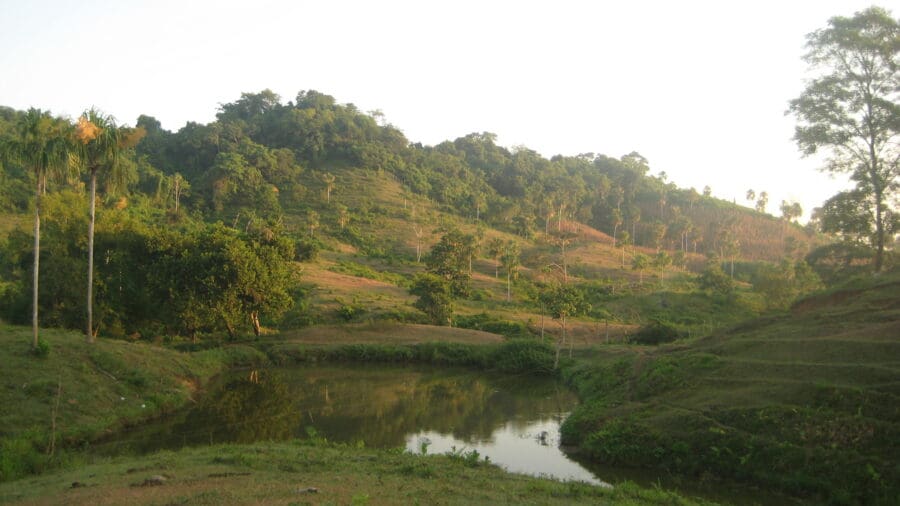
A historic win and long-due recognition for Afro-descendant Peoples
After decades of being omitted from the UN’s biodiversity convention, Afro-descendant Peoples in Latin America and the Caribbean got great news at the 16th Conference of the Parties to the UN Convention on Biological Diversity (CBD) recently held in Cali, Colombia.

Press Release: The First Atlas of the Ancestral Territories and Collective Lands of Afro-descendant Peoples in Latin America and the Caribbean
A new Afro-descendant Atlas, launched at the UN CBD CoP16, showcases for the first time the ancestral territories, rural settlements, and collectively owned lands of Afro-descendant Peoples across 15 countries in Latin America and the Caribbean.
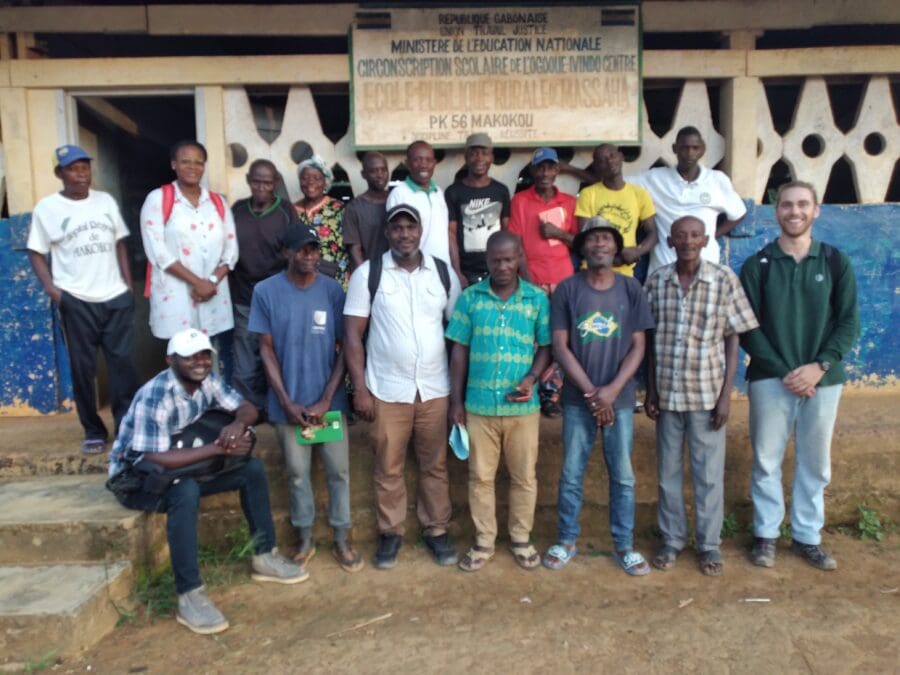
In Gabon, Massaha communities make a case for community-led conservation
Gabon’s Massaha communities are documenting the rich biodiversity stored in their ancestral territories to demonstrate the transformative power of community-led conservation. Can they help one of the world’s most forested countries conserve 30% of its biodiversity by 2030?
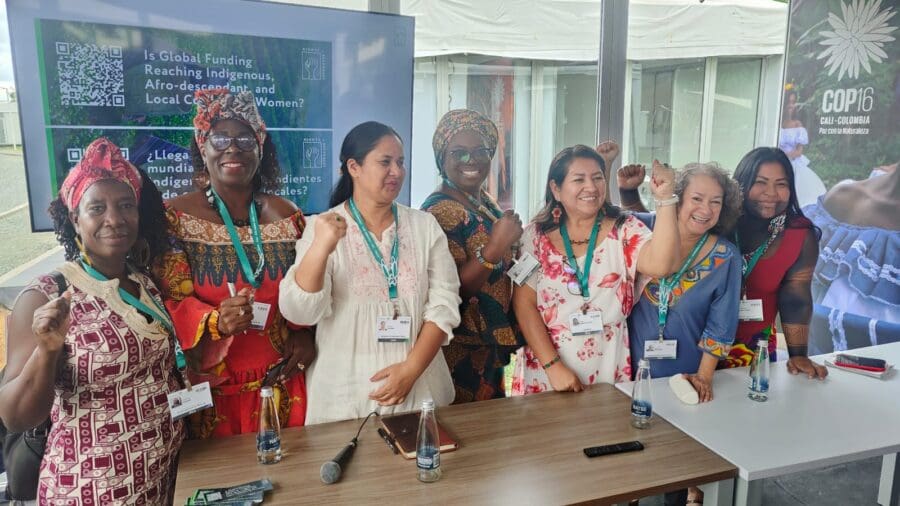
Press Release: “Indigenous, Afro-descendant, and local community women around the world receive less than 1% of international financial support to address climate change,” says new study launched at COP16
A new study examining the state of global financing for Afro-descendant, Indigenous, and local community women launched at the UN CBD COP16 addresses a crucial lack of data on gender equity-focused funding and was launched by the Rights and Resources Initiative and the Women in Global South Alliance.

Call for RRI Board Chair Nominations
RRI is seeking nominations for a Chair, Board of Directors to guide its coalition of over 200 partners, collaborators, and fellows in the implementation of its Fourth Strategic Program, which runs through 2027. We are looking for individuals committed to RRI's core issues: the land, resource, and collective rights of Indigenous and Afro-descendent Peoples, and local communities.
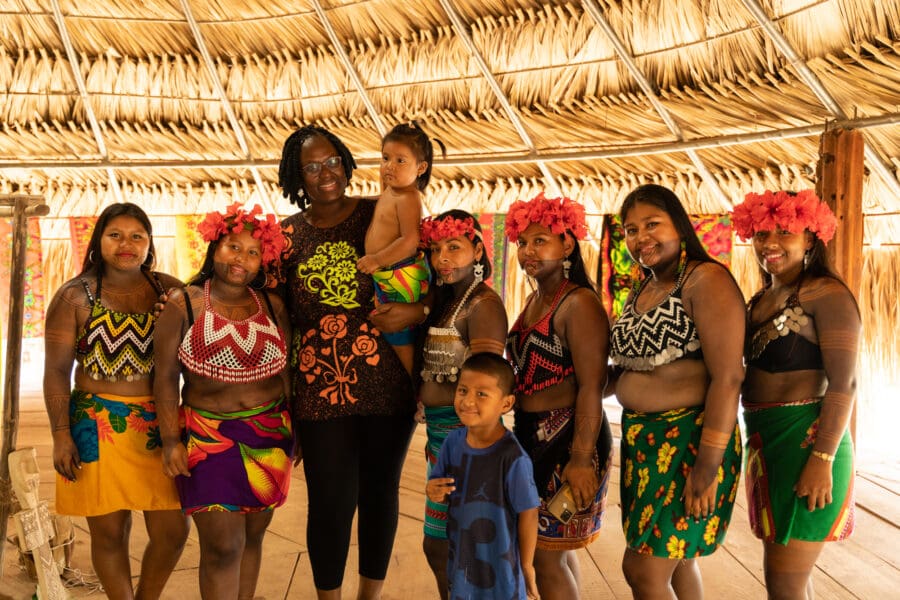
Governments and donors must listen to Indigenous women and girls to save the planet
This op-ed by Omayra Casamá and Sara Omi was originally published in Spanish in El País. A sustainable future is one where the voices of Indigenous, Afro-descendant, and local community women are not only heard but are integral to the implementation of meaningful conservation and climate change actions.
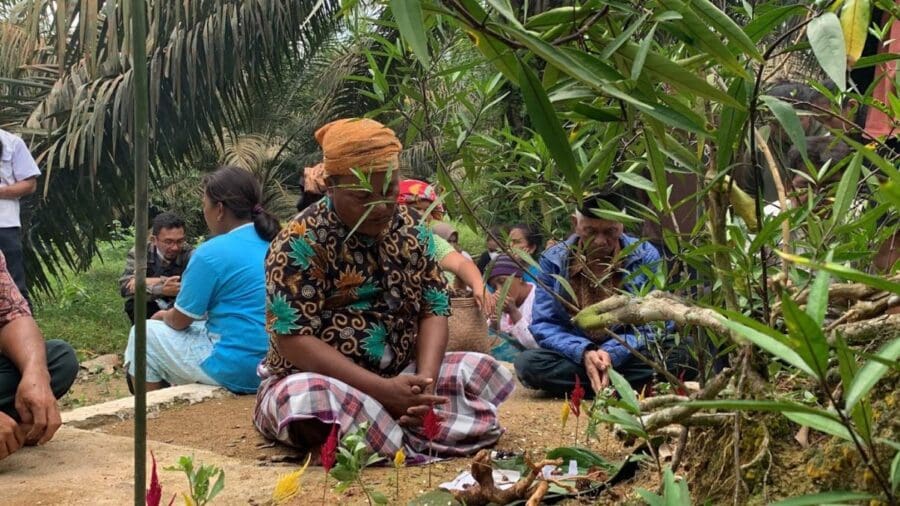
Press Release: RSPO, Global Standard for Sustainable Palm Oil Production, finds Samsung Subsidiary in Breach of its Standards on Indonesian Community’s Lands
The Roundtable on Sustainable Palm Oil (RSPO) has found PT Inecda Plantations, a subsidiary of Korea-based Samsung C&T Group and a certified member, in breach of its sustainability standards on the Indigenous Talang Parit territory in Indonesia.


